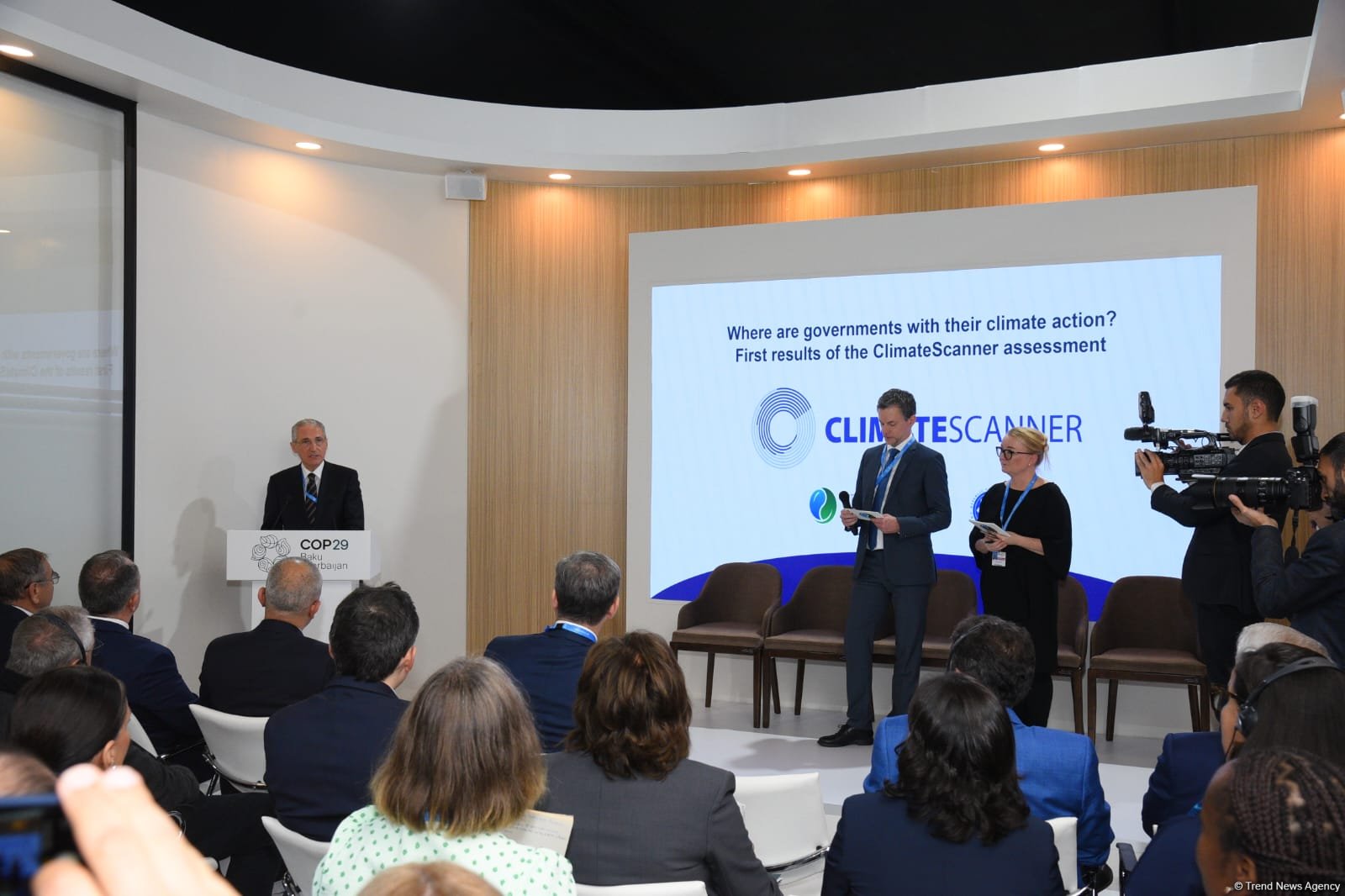•Delivers over 5,400 LNG cargoes in 23 years
•60 IOCs onboard on net zero emission
As stakeholders advocate diversification of energy sources, the Nigeria Liquefied Natural Gas (NLNG) Limited, yesterday, stated that the firm is already implementing studies on Carbon Capture, Usage and Storage (CCUS), hydrogen electrification and evaluating how they can support the nation’s energy transition journey.
Though Nigeria has identified gas as transition energy, the reality of the Russia-Ukraine crisis has led many nations and operators to explore opportunities in hydrogen and other renewable alternatives.
Besides, the company said it delivered over 5,400 cargoes to its customers around the world in its 21 years of operations. NLNG’s first cargo sailed from Bonny Island in Rivers State to France putting the firm on the map as an operational company.
According to the NLNG, future-proofing the gas business through a sustainable approach cannot be ignored, especially in the light of global concerns and crisis.
Speaking during a panel on “Molecules and electrons: Managing the new agenda for growth”, at the GASTECH exhibition and conference in Milan, Italy, the Deputy Managing Director of NLNG, Olalekan Ogunleye, explained that with its expansion plan through the ongoing Train 7, which will add additional eight million metric tonne yearly or 30 per cent additional capacity, the firm hopes to further increase its contribution to addressing energy security concerns.
“But more importantly, we’ve delivered over 5400 LNG cargoes safely and counting. As an enterprise, we have completely embraced energy transition. And there are many elements to that. There is a business necessity to that because our stated vision is to be a globally competitive energy company that is helping to build a better Nigeria.
“We cannot be globally competitive if we are not in touch with market dynamics and new realities, and if we are not embracing decarbonisation. So, another important element is that we have integrated energy transition into our business at all levels. We have a Carbon Council that has been in place for over one year.
“We are also creating a green culture within the organisation by recasting energy transition in personnel channels. It is about job security and sustainability, future-proofing our business, and so all the members of staff can see the benefits in real concrete terms. These are great learnings and we also found that we cannot embark on this journey in a silo. We have got to reach out and touch base with what is going on globally.
“We have developed and approved an energy transition roadmap that is robust, navigable and comprehensive, with specific milestones and short-term targets, mid-term and long-term targets with different deliverables and work plans in them. For us, it is all-encompassing. It’s not just the plant but also non-plant assets. We are revisiting our shipping assets and replacing steam engine ships with modern engines that are more environmentally compliant.
“We are gradually focusing on decarbonising all across our value chain. In terms of key learning, we have found an easy transition to be an opportunity to validate our business model, deepening digitalisation and creating efficiency across our business. We also see that as an opportunity to create a new partnership, a relationship and to learn and to grow as an organisation”, he added.
Meanwhile, in another panelist session on “Short-term result to long term commitments: How is the energy industry changing the net zero narratives?”, the Chair of the Executive Committee, Oil and Gas Climate Initiative, OGCI, advocated increased participation of the IOCs in the net zero energy programme as against the over 60 companies recorded.
He said, “We are focusing on a long-term goal in de-carbonization. I am positive that oil and gas will play a bigger role in the actualization of this goal. We believe that this goal should be approached strategically as we stand on emissions being eroded from the world.
“It is a collaboration of all companies and I am happy that as of today more than 60 IOCs are onboard. Also, upgrades in technology have made this pursuit a reality as we hope that these technologies would be sold affordably to other developing countries.”
Similarly, the Executive Board Member, Uniper, Niek den Hollander, stated that while these technologies are available, more emphasis on affordability should take the centre stage to drive more participation in the transition.





















Discussion about this post